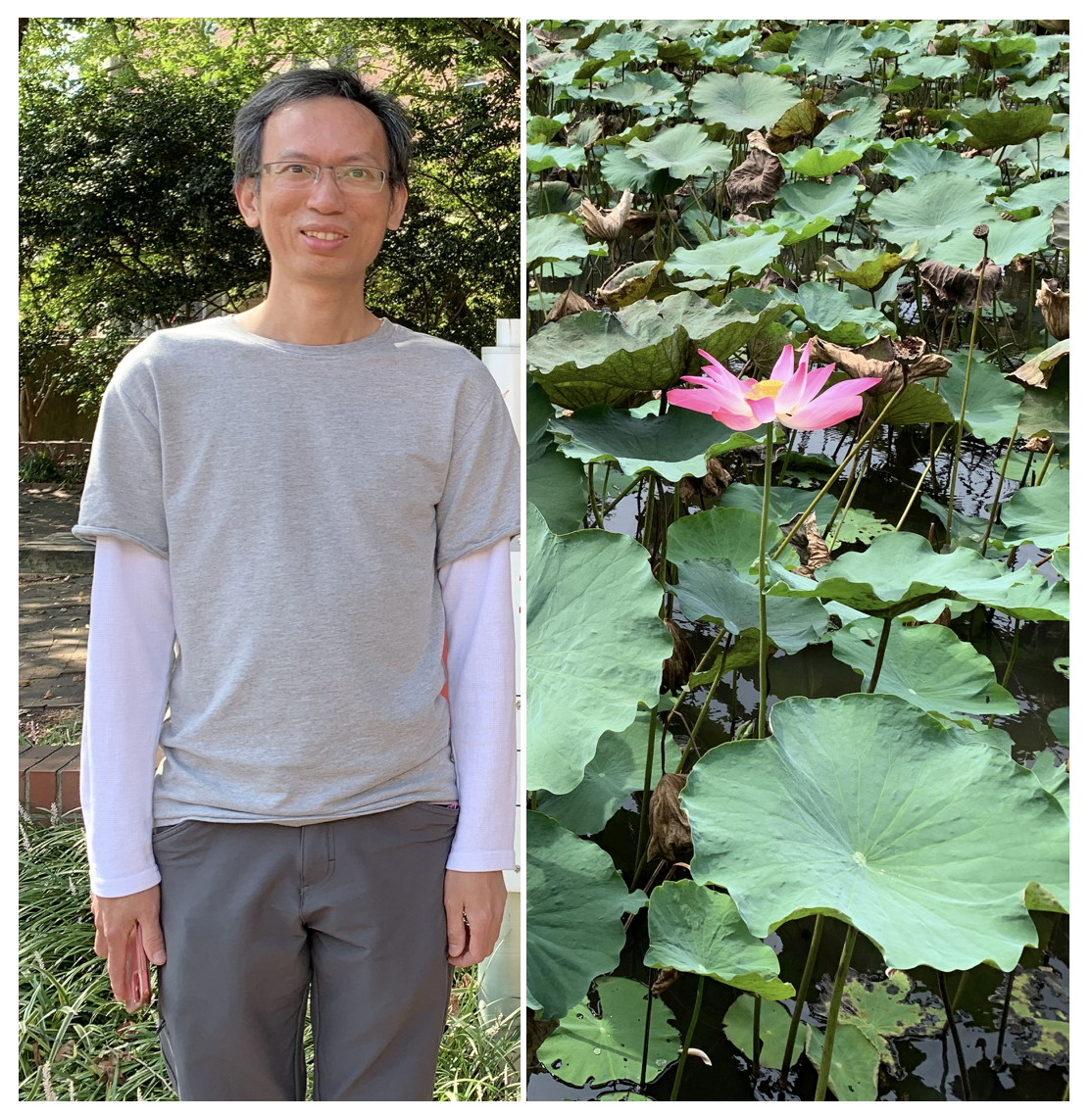Editor’s Note: This article contains reference to sexual assault. The author of this guest column, Riley Bennett, opted to use the name as a pseudonym to protect their identity.
I’ve been told that I act differently since I’ve decompartmentalized my sexual assault.
Some were textbook rapes when I was a minor; those I barely knew or knew too well forcing me to do acts against my will while I verbally and physically protested, some repeatedly. Others were more subtle methods of coercion as I became an adult.
I rarely hear about stealthing, which I experienced frequently. The practice involves consent given as a condition of a physical barrier, usually a condom. Against one partner’s knowledge, during intimacy, this barrier is removed.
While I had consented to engage in intimacy, I did not consent to the risk of pregnancy. I did not consent to the risk of STI. A condom would be very likely to protect me from both, and the partner had clearly communicated prior acceptance of this condition. What made them think otherwise was okay?
In another instance, I remember a college classmate getting extremely angry that I refused intimacy with him. When I responded that I felt pressured, he grabbed me by the shoulders and insisted he would never make me do anything I didn’t want to. Despite his words, it became clear by his grip that he had the ability to force me — my physical vulnerability was obvious. Being alone with a man was unsafe.
In every case of sexual assault, I was unable to prioritize my physical and mental wellbeing because the first thought on my mind was whether I needed to consider an abortion or would develop a disease that might kill me. Neither matter I can discuss with my loved ones, as sex is taboo.
I also rarely hear about how often you risk seeing people who assaulted you. I’m not talking about fear of repeated patterns in future partners. You see them physically: classes, clubs, work, bars, the gym. Things you once did or enjoyed now pose a risk to you.
Commonalities that first brought you together keep them crossing your path unless you sacrifice parts of yourself. Most people experience sexual assault by someone they know. Part of the trauma is losing those safe spaces or safe people.
This can drive you to isolation, even from your friends. Mutuals who know your assailant may be reluctant to admit their friend is capable of these actions or try to excuse their behavior.
Additionally, assailants you know have your social media contact and phone number. I’ve experienced months of newly created accounts trying to contact me.
It also causes seemingly insignificant actions to become memorable. I was out with a friend when one of the male hosts showed me the kitchen where the water glasses were so I could fill them myself. He knew an offer for water could have been a chance for them to drug us.
So yeah, I don’t go out much now. I don’t have social media. I don’t party anymore. I’m sober. I don’t trust others easily. I act differently, but it’s the only way to stay safe moving forward. I won’t risk being hurt again.










